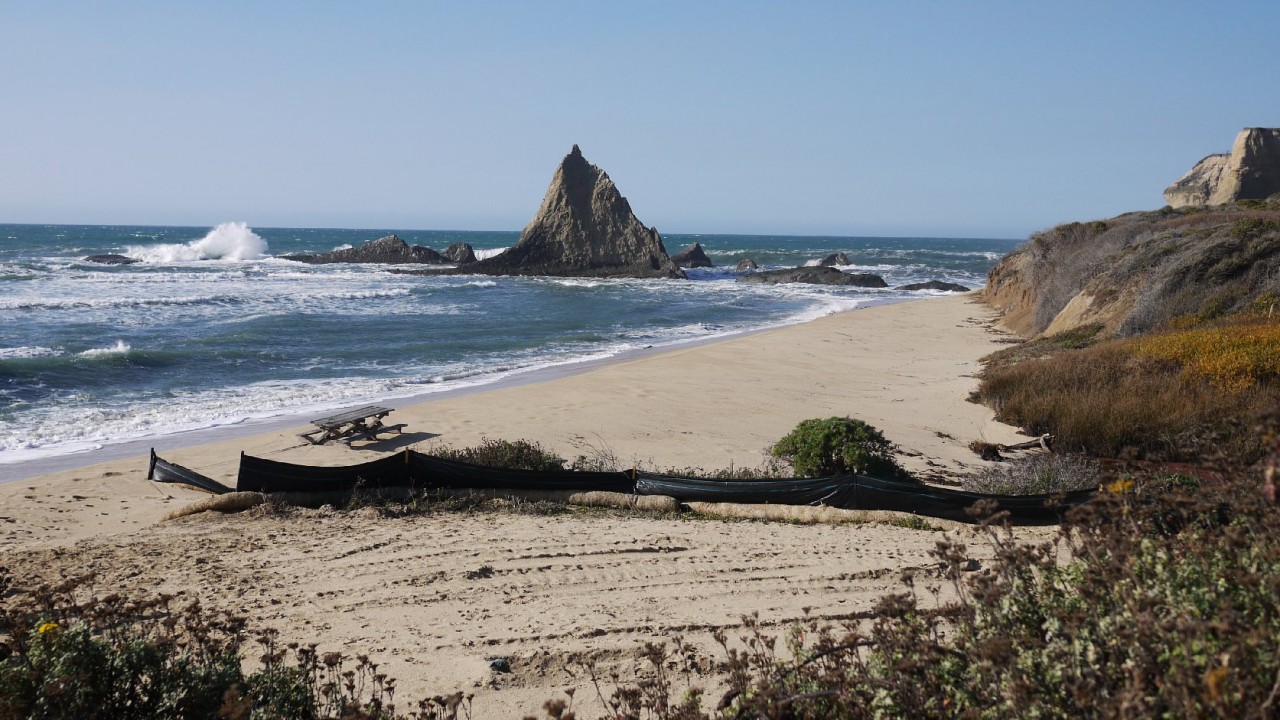Joe Cotchett, a lawyer representing the Surfrider Foundation, said, "This is a very simple decision."
"It means that money cannot buy justice and arrogance cannot stop the public right to use a beautiful ocean," Cotchett said.
Khosla — a venture capitalist who co-founded the Silicon Valley technology company Sun Microsystems — closed a gate, put up a no-access sign and painted over a billboard at the entrance to the property that had advertised access to the beach, according to the appellate ruling.
Lawyers for Khosla were disappointed the Supreme Court decided not to hear the case.
The secluded beach south of Half Moon Bay is accessible only by a road that goes over Khosla's land.
The previous owners of the property had allowed public access to the beach for a fee. But Khosla's attorneys say the cost to maintain the beach and other facilities far exceeded revenue from the fees.
The government cannot demand that people keep their private property open to the public without paying them to do so, Khosla's attorneys said in their appeal to the U.S. Supreme Court.
"No business owner should be forced to obtain a permit from the government to shut down a private business, to change prices from those that existed in 1972 (as the state has demanded), or to change hours of operation," wrote Dori Yob Kilmer, a lawyer for Khosla's companies, in a statement. "No owner of private business should be forced to obtain a permit from the government before deciding who it wants to invite onto its property. However, we will comply with the decision of the California Court of Appeal and apply for the required permit. If denied, we will start this process over again."
The state appeals court ruling would "throw private property rights in California into disarray," the appeal argued, saying other property owners along California's coast would prefer to exclude the public.
The Surfrider Foundation said Khosla's appeal to the U.S. Supreme Court was premature because he had not yet applied for a permit and received a decision from the state.
"This win helps to secure beach access for all people, as is enshrined in our laws," Surfrider Foundation Legal Director Angela Howe said in a statement. "The Surfrider Foundation will always fight to preserve the rights of the many from becoming the assets of the few."
KQED's Don Clyde and Peter Jon Shuler, and the Associated Press contributed to this post.

